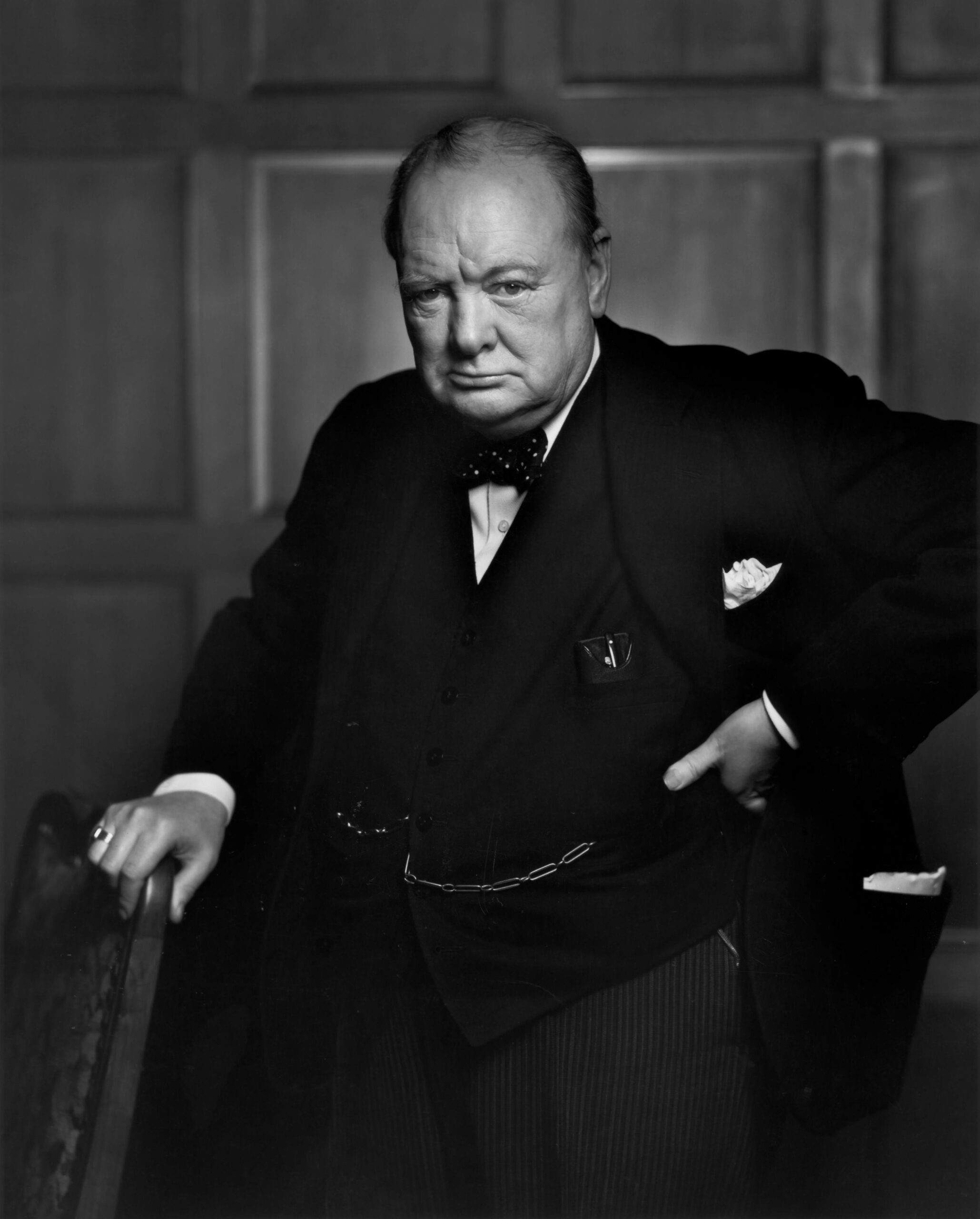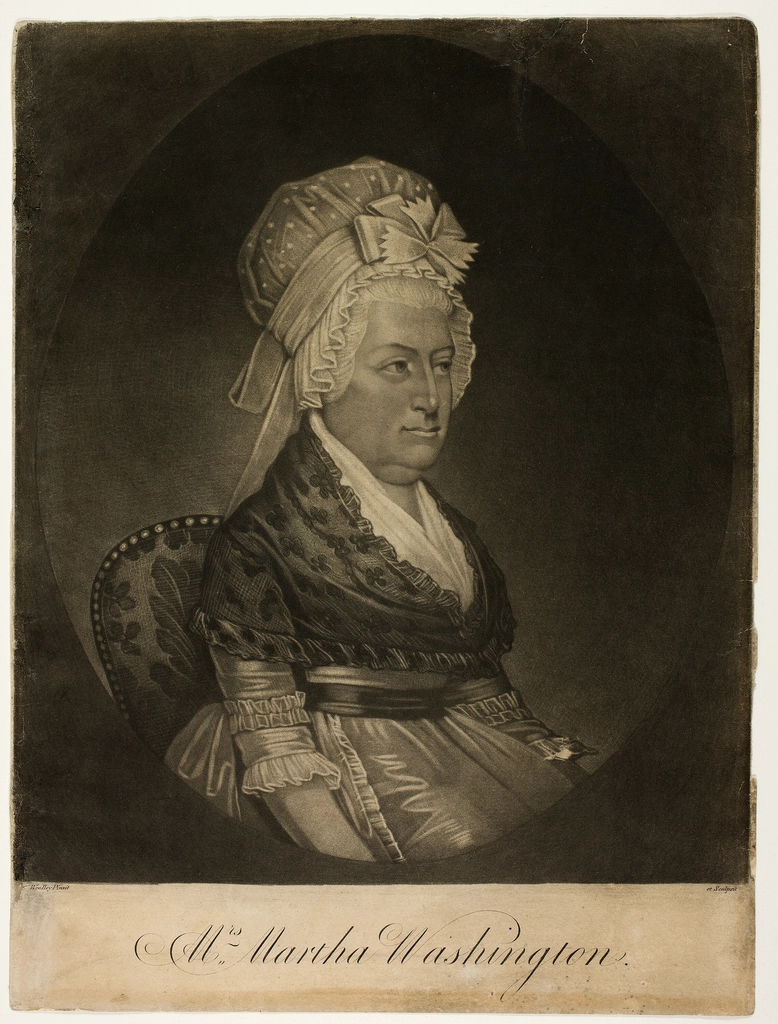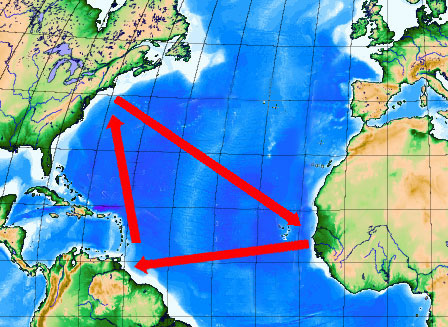The Allure of the Open Sea

Picture the sun rising over endless blue water, salty air brushing your face as you sip coffee on a deck that seems to float between worlds. That’s how cruising seduces you—offering the promise of waking up in a new place every morning, no airport lines, no frantic packing and unpacking. The ship feels like a sleek city, all glittering pools, gourmet dinners, and nightly shows. For many, this sounds like the ultimate escape. You’re swept along by the rhythm of the waves, the anticipation of new horizons, the ease of having everything at your fingertips. At first, I was hooked too. The brochures sold me dreams of turquoise coves and moonlit dinners with nothing but the hush of the sea. It was all so tempting I almost forgot to ask: is this really the adventure I’m craving?
The Reality of Crowds

It didn’t take long to realize the fantasy came with a lot of company. The first morning, I woke to the muffled shuffle of hundreds of flip-flops in the hall, a reminder that I was sharing this slice of paradise with thousands of strangers. Breakfast meant winding through lines for pancakes and coffee, the pool deck felt more like a festival crowd, and even getting off the ship in port was a slow-moving parade. The moments I’d imagined—quiet reflection, spontaneous discovery—kept getting swallowed by the bustle. Sometimes, I found myself searching for a patch of empty deck just to breathe. If you crave solitude or space to wander, the constant hum of people can turn the dream into a bit of a scramble.
Environmental Concerns

As the days passed, nagging thoughts about the ship’s footprint kept surfacing. Cruise ships burn massive amounts of fuel, releasing emissions that hang in the salty air. The ocean, so beautiful and vast, is quietly suffering from pollution and waste, much of it tied to the very industry promising us pristine views. For travelers trying to make better choices, this is hard to ignore. Many ports have started limiting ship arrivals because of overtourism and environmental strain. Even recycling and waste management onboard aren’t always as green as advertised. If protecting the world’s wild places matters to you, it’s worth pausing to consider what your journey leaves behind.
The Itinerary Dilemma

Cruises promise a whirlwind tour of dazzling destinations, but there’s a catch. Each port stop is often just a few hours—a blur of guided tours and souvenir shops before the horn sounds and it’s time to hustle back. I remember standing in Old San Juan, craving one more hour to savor the music and pastel buildings, but the ship’s schedule was unforgiving. You barely scratch the surface of a place before you’re whisked away. It’s like sampling a dozen desserts but never finishing a single slice. For those who love to dig deep, linger over a meal, or get lost in a new neighborhood, the pace can feel rushed and unsatisfying.
Alternative Travel Options

Rethinking my cruise opened up a world of possibilities I’d never considered. Imagine hopping a slow train through the Italian countryside, windows down, olive groves rolling by. Or renting a car and zigzagging through New Zealand’s fjords at your own pace. These slower journeys let you pause, explore, and connect with places in ways a cruise can’t offer. You get to stumble into small-town bakeries, chat with locals, and create your own itinerary. There’s a freedom in traveling this way—a sense that you’re writing your own story, not just following a script. If you want travel to be about discovery, not just destinations, slow journeys are a game-changer.
The Joy of Spontaneity

One of the best gifts of independent travel is the unexpected. Without a ship’s schedule dictating every hour, you can linger in a sunlit plaza, detour to a hidden beach, or follow a local’s tip to a secret festival. Some of my favorite memories—dancing in a tiny Greek town square, sharing fresh mangoes with strangers on a bus—were never planned. Spontaneity breathes magic into your days, letting you follow curiosity and serendipity instead of a strict itinerary. On a cruise, spontaneity is hard to come by; every stop, meal, and activity is mapped out. If you crave surprises, consider giving yourself room to roam.
The Cost Factor

Cruises are marketed as all-inclusive vacations, but the reality can be different. The base fare might cover your room and basic meals, but excursions, specialty restaurants, drinks, Wi-Fi, and tips can add up quickly. By the end, the total cost often rivals or exceeds traditional travel. Independent journeys give you more control over your budget. You pick where to splurge—maybe a boutique hotel or a gourmet dinner—and where to save. Booking local tours, using public transportation, or even cooking a meal can stretch your funds further. If you love value and flexibility, it’s worth crunching the numbers before you set sail.
Embracing Local Culture

One of the most meaningful parts of travel is connecting with locals and their traditions. On a cruise, you’re often whisked from the pier to curated tours, seeing a place through a window rather than from within. Independent travel lets you dive deeper—shopping at a bustling market, chatting with a street artist, learning to cook with a local family. These are the moments when a destination becomes more than a postcard. You pick up bits of language, taste homemade dishes, and come home with stories that aren’t sold in gift shops. If culture is what you crave, stepping off the well-worn cruise path can lead to richer experiences.
The Emotional Connection

Travel is about more than checking cities off a list. It’s about the feelings you carry home—the awe of a misty mountain sunrise, the laughter shared with strangers, the quiet moments that shift your perspective. On my cruise, I realized I was missing those deeper connections. The rigid schedule, the crowds, the fleeting visits left me wanting more. I longed for the kind of travel that leaves you changed, that gives you new friends and fresh eyes. If you want your journeys to stay with you long after you return, think about the kind of memories you want to make.
A Call to Adventure

Standing at the gangway, suitcase in hand, I felt a pull—not just to see more places, but to see them differently. To travel in a way that matches my values and curiosity. Maybe you’re feeling it too. The world is wide, and there are so many ways to explore it—by bike, by train, on foot, or in the company of locals. Before you book another cruise, ask yourself what kind of adventure you truly want. There’s a whole world waiting beyond the ship’s rails, full of moments you can’t schedule or predict.





